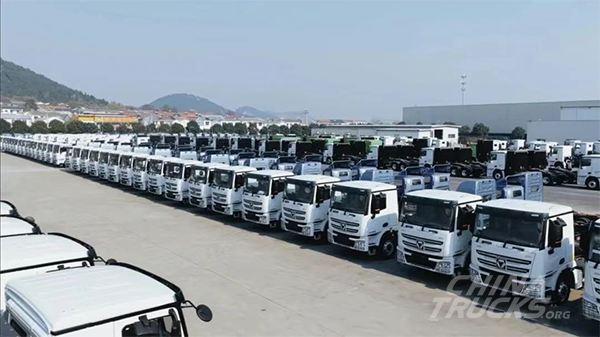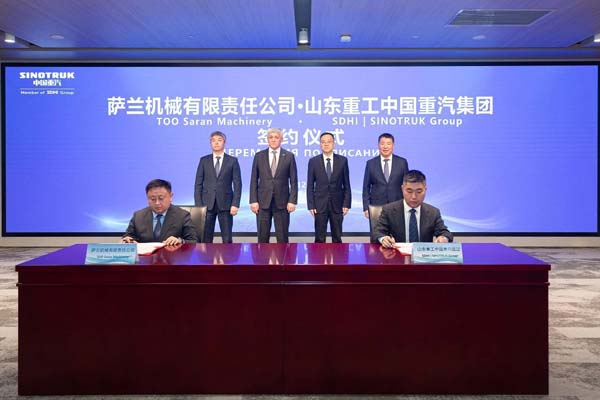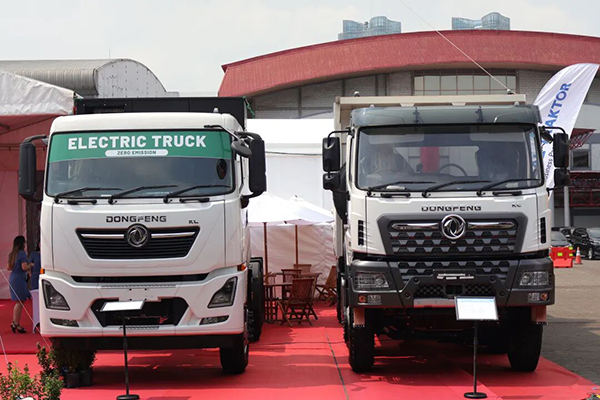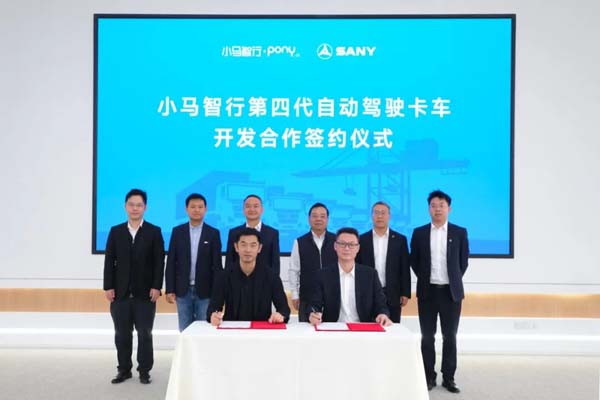China’s Diesel Trucks are Shifting to Electric
November 28,2025
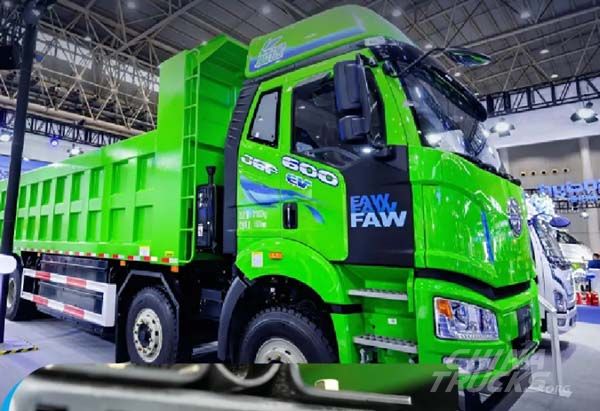
In 2020, nearly all new trucks in China were diesel-powered. By the first half of 2025, battery-electric trucks represented 22% of new heavy truck sales, up from 9.2% in the same period in 2024. Analysts forecast that electric trucks could account for nearly 46% of new sales in 2025 and around 60% in 2026.
Heavy trucks are essential for modern economies, moving goods across cities and regions. They also contribute significantly to carbon emissions. China’s efforts to adopt electric trucks support national and global goals for decarbonization while ensuring efficient freight operations.
The adoption of electric heavy trucks has accelerated alongside investments in charging infrastructure. Key logistics hubs, including in the Yangtze River Delta, have deployed dedicated high-capacity charging stations along major freight routes. Cities such as Beijing and Shanghai have established heavy-duty charging hubs capable of rapid truck charging. Additionally, battery-swapping networks, led by companies like CATL, are being built to serve nationwide expressways, enabling faster turnaround for fleet operations.
Electric trucks are increasingly competitive with other low-emission alternatives. They offer higher energy efficiency and lower operating emissions, helping fleet operators reduce environmental impact while maintaining productivity. Early adoption has been supported by government programs that encourage fleet modernization and the transition to clean energy vehicles.
China is also actively positioning its electric trucks for international markets. Between 2021 and 2023, exports of Chinese heavy-duty trucks—including electric models—grew significantly, with shipments to the Middle East and North Africa increasing around 73% annually and deliveries to Latin America rising 46%. Leading manufacturers such as Sany Heavy Industry have begun exporting electric trucks to Europe, the United States, and countries in Asia and the Middle East. BYD has launched construction of an electric truck and bus factory in Hungary, aligning with Europe’s ambitious carbon-reduction targets for new trucks.
The domestic market has served as a testing ground for innovation. China’s urban freight and logistics sectors have provided early feedback for vehicle design, battery technology, and operational efficiency, accelerating the development of electric trucks suitable for global markets.
Experts note that the shift toward electric heavy trucks will have far-reaching implications for global fuel demand, contributing to a gradual reduction in diesel and LNG consumption. The transition also supports the expansion of a sustainable, high-performance logistics ecosystem, with China at the forefront of clean heavy-duty transport solutions.
Views : 12663




